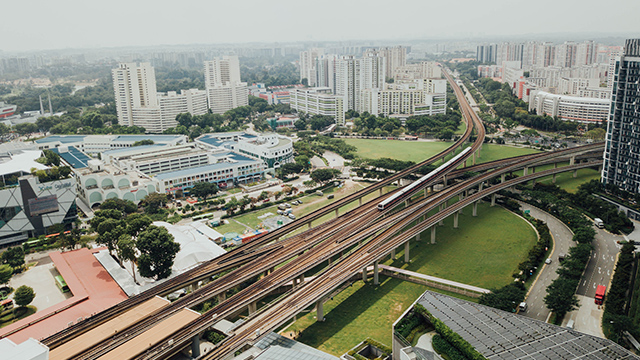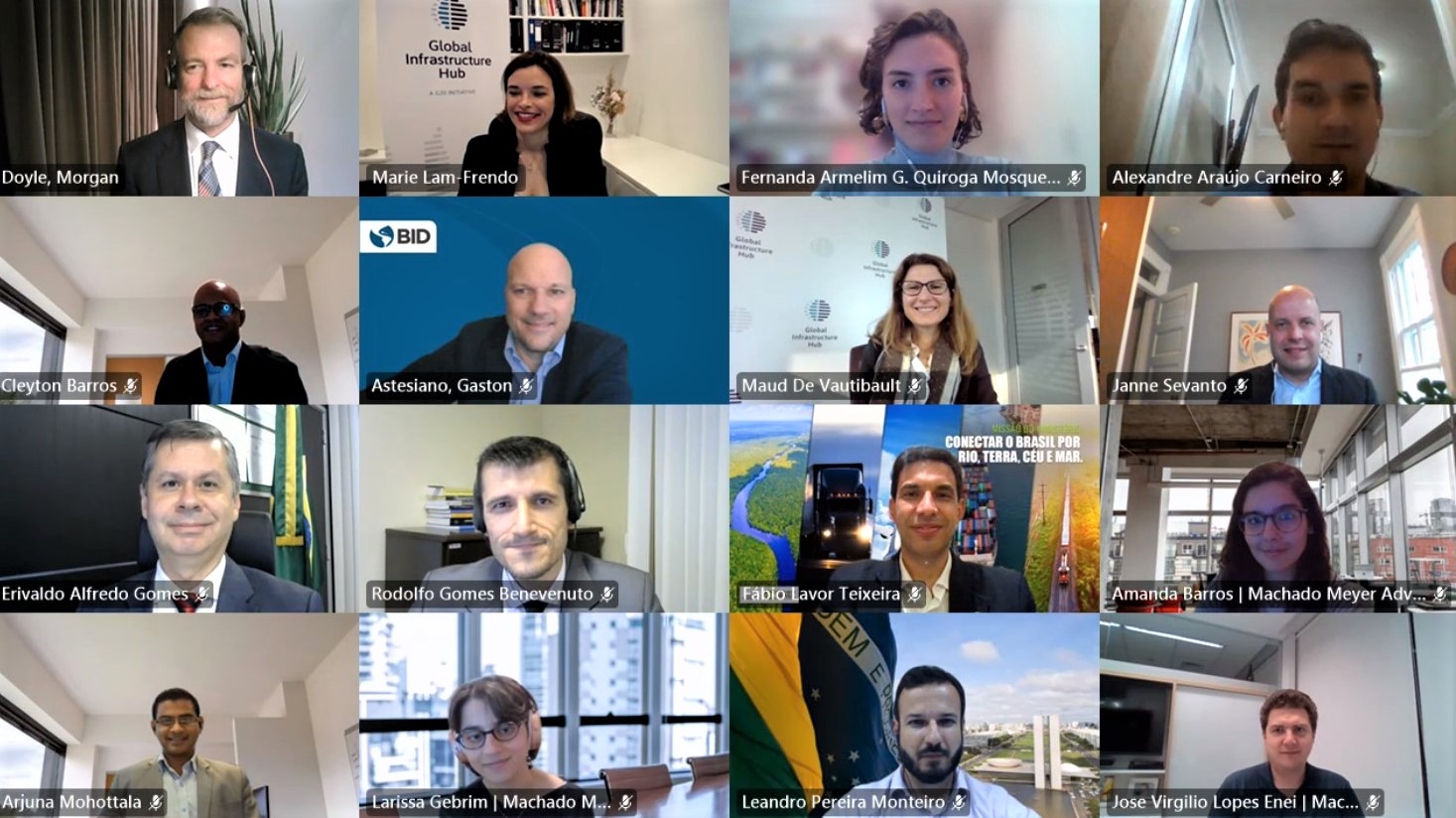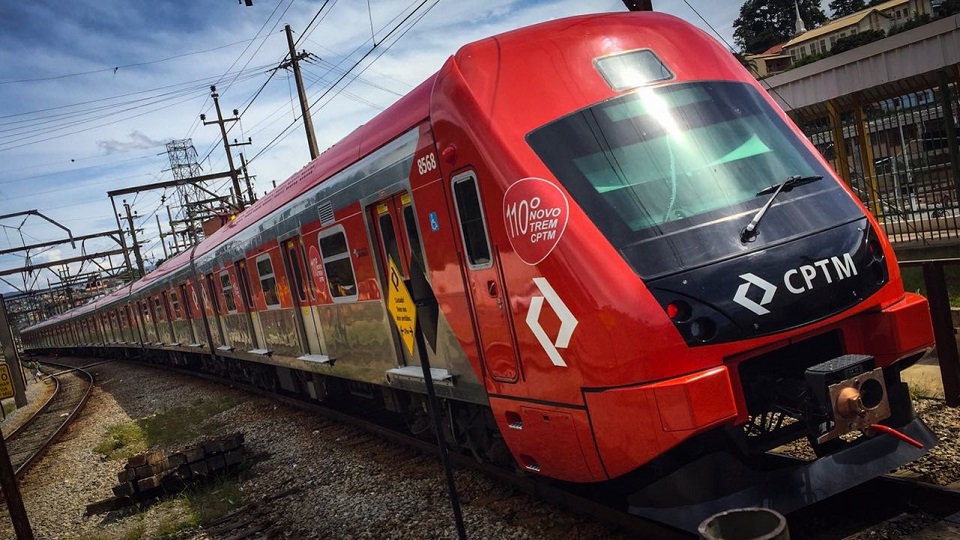928 results found
Featured results



More results
In light of the potential for public-private partnerships (PPP) to contribute to a reduction of the 1.2 trillion USD infrastructure investment needs of Brazil, the Global Infrastructure Hub (GI Hub) and Inter-American Development Bank have collaborated to make specialist risk allocation knowledge accessible to the public sector.
Find out how the Inter-American Development Bank’s latest flagship report offers a sound methodology on ensuring infrastructure development fundamentally transforms people’s lives of people.
To promote the country’s participation in the more than 80% of world trade which is carried by sea, GI Hub has delivered Brazil’s Ministry of Infrastructure a market sounding report to optimise its Port Privatisation Program.
The latest milestone of Global Infrastructure Hub’s Brazil Country Engagement Program has been completed with a gathering of infrastructure leaders from Brazil for an inception workshop on the SOURCE platform.
Brazil is positioned to attract more private sector investment into infrastructure and to bring further bankable projects to market following an 18-month engagement program between the Global Infrastructure Hub (GI Hub) and the Brazilian Government.
Brazil has become the largest market for public-private partnerships (PPPs) in Latin America, having invested around USD $386 billion in infrastructure from 1990 to 2017

Early termination of a PPP contract can be an expensive process for all parties involved.


Discover the benefits, challenges, risks and trends of ports privatisation.
Meet four women leaders who are transforming infrastructure development in Latin America.
Meet three women leaders who are transforming infrastructure development in Latin America.
Latin American and the Caribbean countries have a large, and increasing, infrastructure quantitative, qualitative and efficiency gap. The lack of sufficient physical assets, inadequate maintenance and poor service provision negatively impacts the quality of life of its population and the competitiveness of its economies.
Parties involved (public and private) CNEA (public), private only as suppliers and contractors
The Iguaçu National Park, created in 1939 by Decree No. 1035, houses the largest remnant of Atlantic forest (seasonal semideciduous) in southern Brazil.
The Program "More Light for the Amazon" aims to promote social and economic development of communities located in remote regions of the Legal Amazon, encouraging activities that increase family income and the sustainable use of the natural resources of the Amazon Forest, the integration of actions from the various spheres of the government, and the consequent promotion of citizenship and the dignity of that population.
The Geostationary Satellite for Defense and Strategic Communications is a valuable asset of Brazilian’s government that promotes digital inclusion by covering all Brazilian’s territory and allowing connectivity for the most further regions of the country
The Public Fishing Terminal (TPP) of Manaus was built in 2010 by the National Department of Transport Infrastructure - DNIT, in partnership with the Municipality of Manaus.
In Brazil, this Pipeline Project has the potential to diversify the fuel transportation infrastructure and consequently foster competitiveness and promote market development, resulting in benefits for society as a whole.
The project represents the most important tourism and transportation infrastructure proposal for the south-southeast region of the country.
The project consists of a road concession procurement for exploiting infrastructure and public services provision for recovery, operation, maintenance, monitoring, conservation, implementation of improvements and maintenance of the service level of the BR-262/ES Highway, in the road section between BR-101 (B) - Viana/ES - up to the frontier between ES/MG; BR-262/MG, in the road section between ES/MG frontier with BR-381/MG - João Monlevade/MG; and BR-381/MG, in the road section between Belo Horizonte/MG to Governador Valadares/MG
Brazilian Decree nº 7.520/2011 and then Decree nº 9.357/ 2018 establishes the National Program for the universalization of Access and Use of Electric Energy - “LUZ PARA TODOS/LIGHT FOR ALL” until the year 2022, intended to provide the service with electricity to the portion of the rural population that does not have access to this public service.



 View the PPP Risk Allocation Tool website
View the PPP Risk Allocation Tool website










